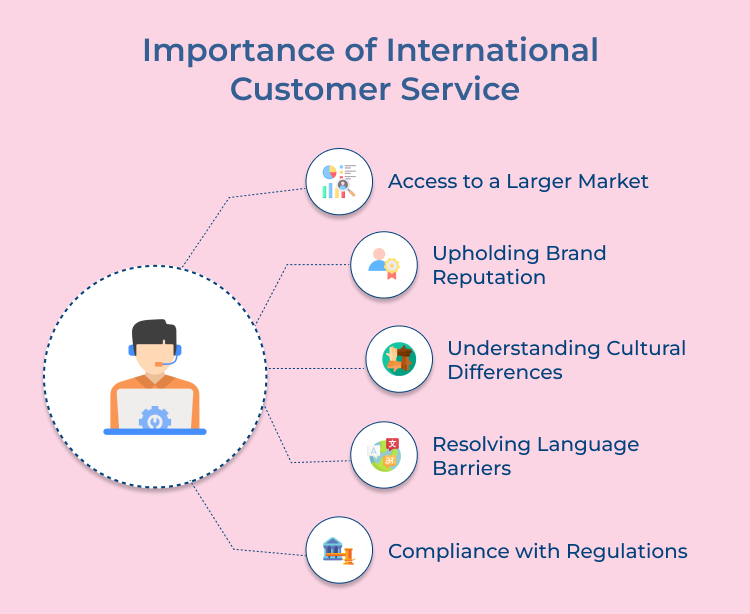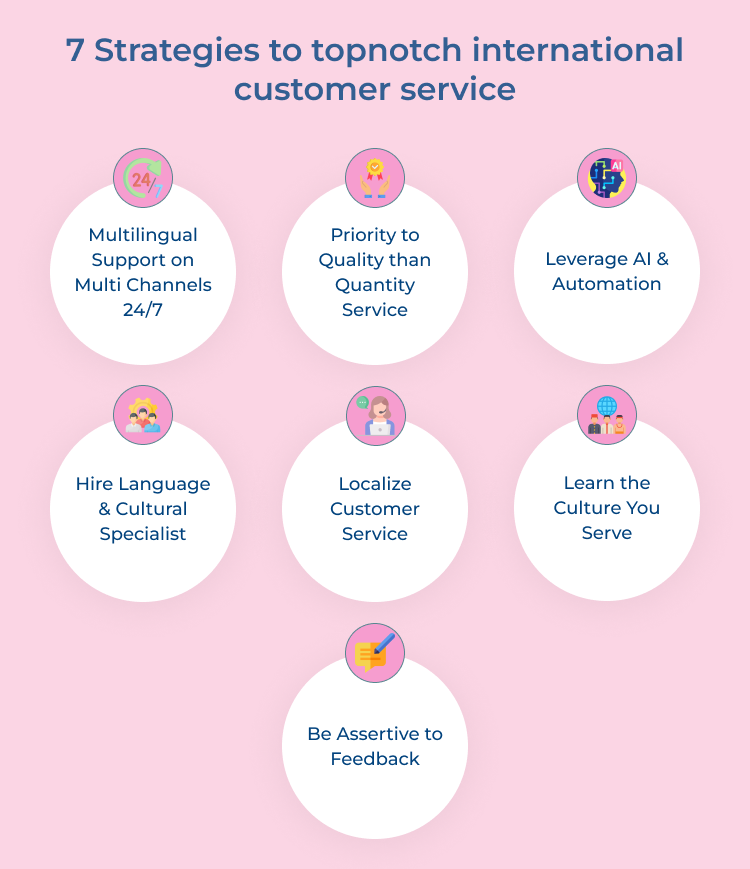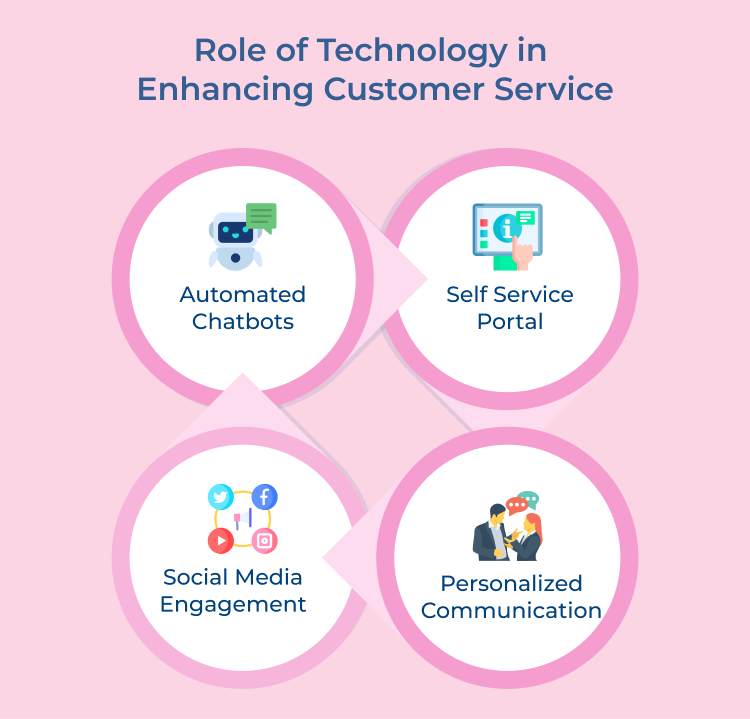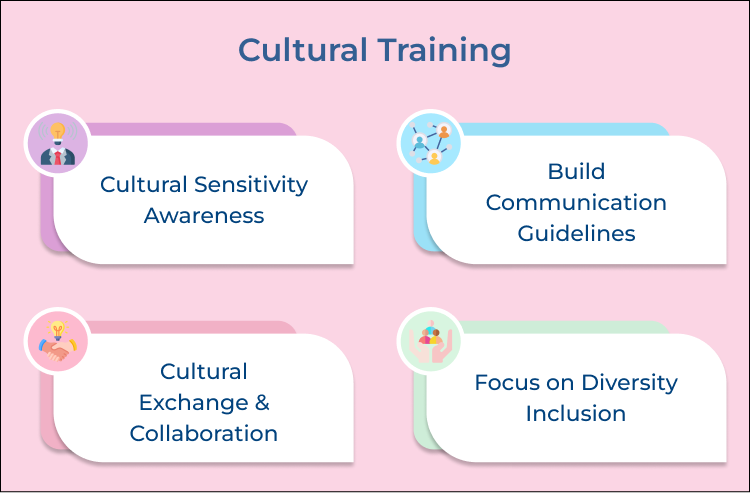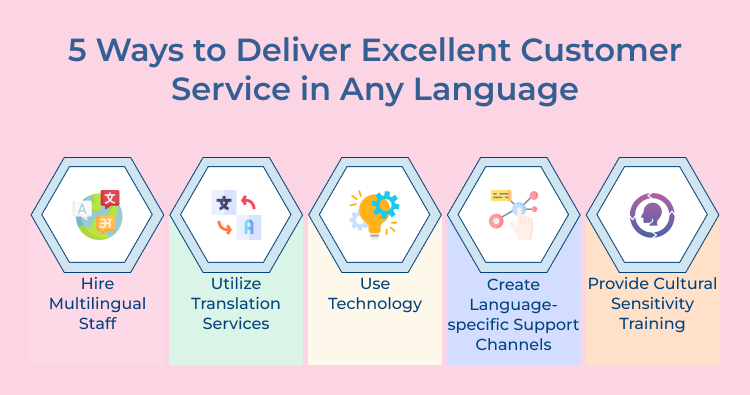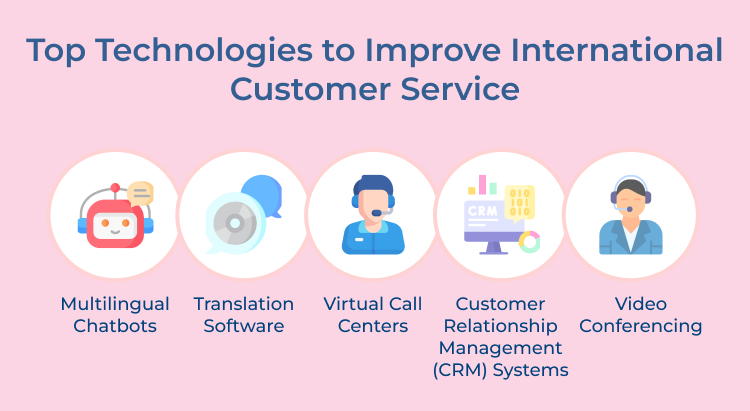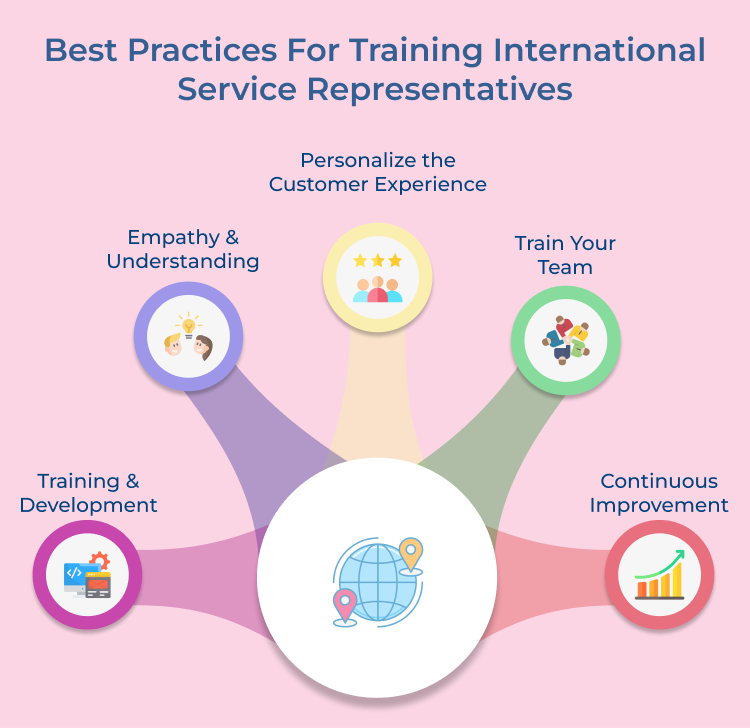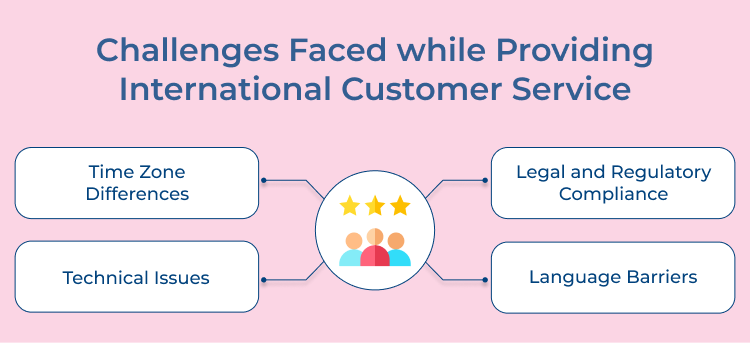1. Time Zone Differences
Another challenge of international customer service is dealing with time zone differences. When your customer base is spread out across different countries, it can be challenging to provide round-the-clock support. Customer service representatives may need to work irregular hours or shifts to accommodate customers in different time zones.
2. Legal and Regulatory Compliance
Different countries have different laws and regulations when it comes to customer service as well as data protection. It can be challenging for companies to navigate these various legal requirements and ensure compliance when providing international customer service. Failure to comply with regulations result in legal consequences and damage to the company’s reputation.
3. Technical Issues
Providing international customer service also comes with technical challenges. Different countries may have varying levels of internet connectivity, leading to issues with call quality, chat support, or email responsiveness. It is important for companies to have robust technical infrastructure in place to ensure seamless customer service across borders.
4. Language Barriers
One of the most obvious challenges of international customer service is the language barrier. If your customer base spans across different countries and regions, you may encounter customers who speak different languages. It makes effective communication difficult, leading to misunderstandings and frustration for both the customer as well as the customer service representative.
Examples of Brands Delivering Exceptional International Customer Service
Providing world-class international customer service is essential for businesses to thrive.
Salesforce
Salesforce is a leading provider of customer relationship management (CRM) software for businesses. The company is renowned for its outstanding customer service, offering 24/7 support to its clients around the world. Salesforce’s knowledgeable and responsive customer service team ensures that B2B customers receive the assistance they need to maximize the value of their CRM investment.
Mercedes-Benz
Mercedes-Benz is a luxury automobile manufacturer known for its high-quality vehicles and exceptional customer service. The company’s global network of dealerships provides top-notch customer support, offering personalized assistance to buyers at every stage of the car-buying process. Mercedes-Benz’s commitment to customer satisfaction has earned it a loyal following of customers who trust the brand for their automotive needs.
Samsung
Samsung is a leading manufacturer of home appliances, including refrigerators, washing machines and televisions. The company’s customer service team is dedicated to providing excellent support to customers worldwide, offering timely assistance with product inquiries, troubleshooting and warranty claims. Samsung’s commitment to customer care has solidified its reputation as a trusted and reliable brand in the home appliance industry.
Coca-Cola
Coca-Cola is one of the most recognizable beverage brands in the world and they are also known for their excellent customer service. With a wide range of products and a global distribution network, Coca-Cola ensures that their customers get to easily access their favorite beverages wherever they are. The company also invests in customer feedback and research to continuously improve their products.
Bridge Cultures Through International Customer Service
International customer service plays a crucial role in bridging cultures and building positive relationships between people from different parts of the world. By providing excellent customer service that is culturally sensitive and understanding, companies can not only satisfy their customers but also showcase their commitment to diversity as well as inclusion.
Through effective communication, empathy and respect, businesses get to break down barriers while also creating a more connected as well as harmonious global community. It is through embracing and celebrating our differences that we truly build a more inclusive as well as understanding world. Let’s continue to bridge cultures through international customer service and create a more united society.

